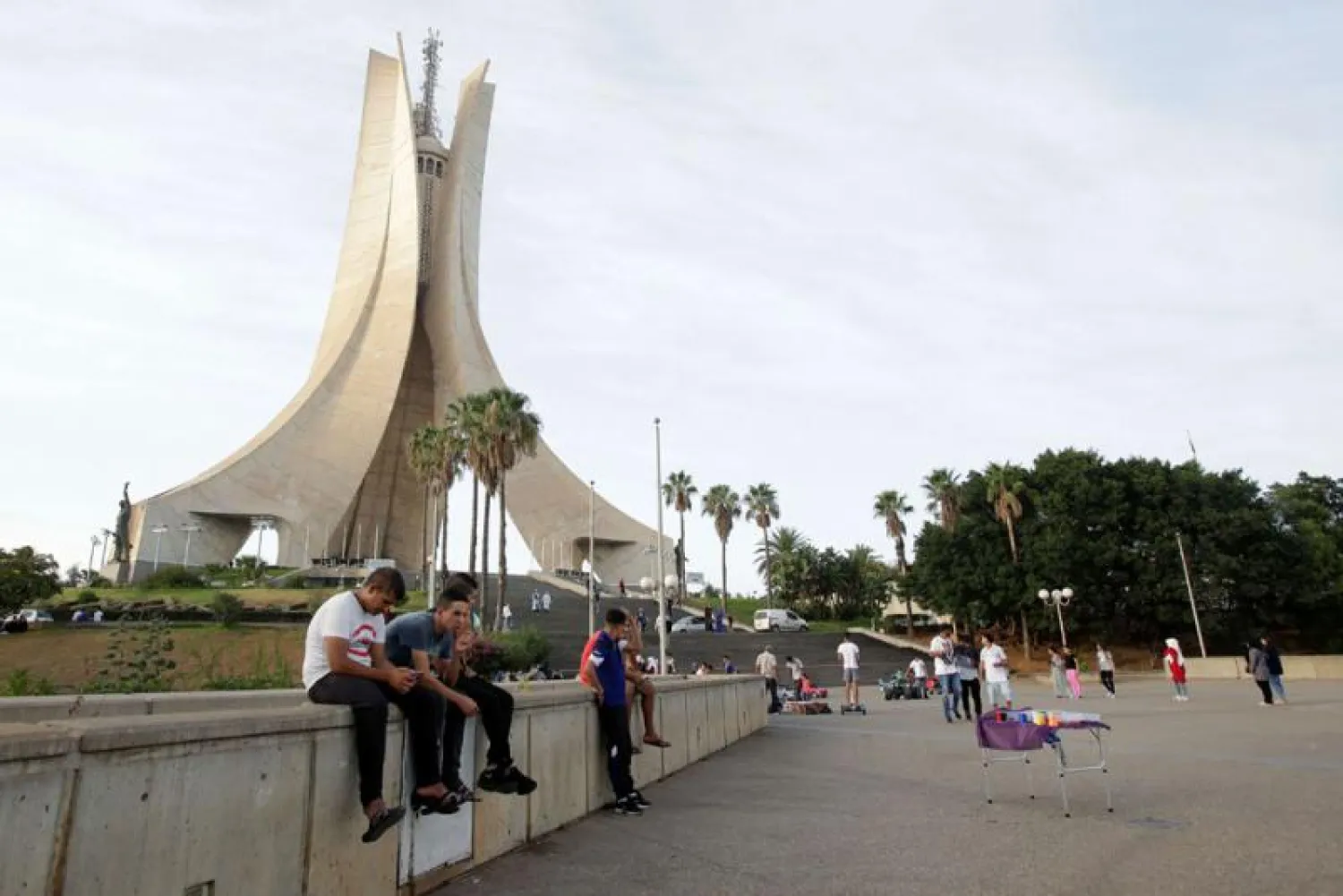Algeria started on Sunday gradually reopening universities following a five-month lockdown caused by the coronavirus outbreak.
In the first stage of reopening, the universities aim to mainly hear presentations of doctorate theses.
The presentations behind closed doors will start this week and last until the end of Sep, as revealed by the AFP. The PhD students and the discussion panel will be the only attendees.
Online courses also resumed Sunday after a two-month summer holiday. An estimated 2 million students will return to universities on Sep. 1 namely to sit for the exams of the second term.
Precautionary measures will be imposed in universities, including wearing masks. Each university is entitled to take its own measures based on the number of coronavirus cases in its region.
The academic year 2020-2021 will kick off in Nov.
Algeria reopened restaurants, cafes, beaches, and parks as well as mosques in mid-Aug. However, playgrounds and wedding halls remained closed.
A partial quarantine was reimposed on August 31 in 29 out of the 48 states of the country. Also, a curfew is enforced from 11 pm till 5 am.
More than 41,000 COVID-19 cases have been recorded in Algeria since Feb. 25, including 1,400 deaths according to the Ministry of Health, Population, and Hospital Reform.
After Egypt and South Africa, Algeria is the third African country with the highest COVID-19 tally.









